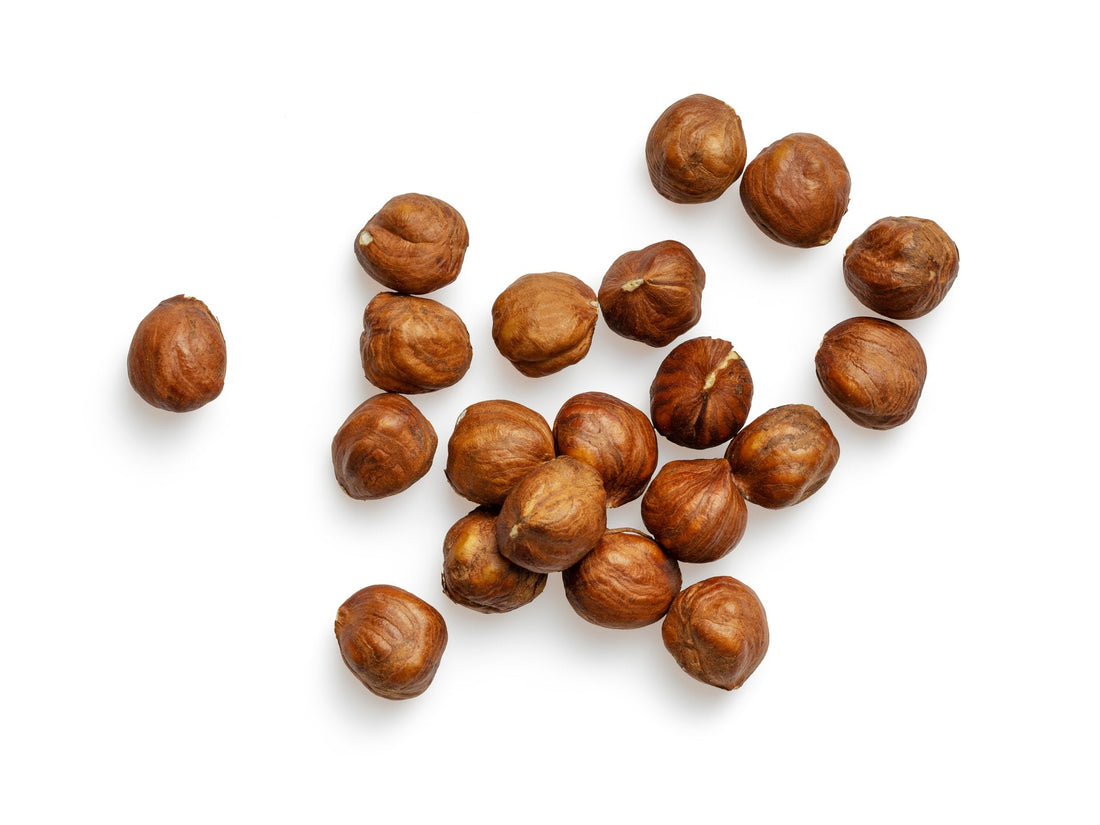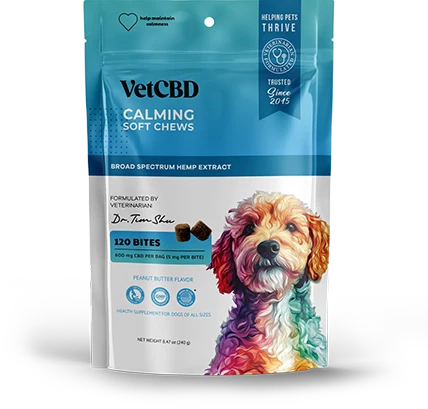
Can Dogs Eat Hazelnuts?
Share
Hazelnuts are a popular snack for humans, with things like hazelnut butter and hazelnut spreads overtaking the popularity of peanut butter in some households. You may have shared peanuts or peanut butter with your dog in the past, but can you share hazelnut products the same way?
Hazelnuts and peanuts are extremely different, and these differences should change your approach. Generally, nuts don’t really have any nutritional benefits for your dog that make them worth sharing.
Here’s what you need to understand about the differences between hazelnuts and other nuts before you attempt to feed them to your dog.
The Nutritional Benefits of Nuts
The nutritional benefits of nuts for humans are very different from the nutritional benefits of nuts for dogs. Humans are omnivores who benefit from balanced diets, while dogs are primarily carnivores. Nuts like hazelnuts contain valuable healthy fats, plant-based protein, vitamins, and trace minerals. They’re a great snack when eaten in appropriate serving sizes, which is usually a tablespoon or two for nut butters or a small handful of shelled whole nuts. Many people find that nuts are a satiating snack that helps them mindfully overcome their mid-afternoon slump without turning to empty calories from a vending machine or opening up a bag of chips. Dogs don’t need additional fats in their diet from nuts, but some nuts are okay as an occasional treat. Peanut butter is often used by dog owners to disguise medications or to bind homemade dog treats together, but it shouldn’t be given as a part of a dog’s regular diet.Can Dogs Eat Hazelnuts?
Although the risk of a single hazelnut causing harm to your dog is very low, a few hazelnuts may be all it takes to cause a negative reaction in your dog. Hazelnuts contain compounds called mycotoxins and juglone. These compounds aren’t dangerous to humans who consume a reasonable serving size of nuts like hazelnuts, but your dog may be a little more sensitive to their effects. It’s better to avoid feeding your dog hazelnuts in any form, even in small amounts. There are no significant benefits to giving your dog hazelnuts, but there are risks. It’s best to choose a safe nut, or better yet, feed your dog something like vegetables as a special treat.What Are Mycotoxins?
Mycotoxins are a kind of mold that naturally grows on some foods. Certain foods are more vulnerable to mycotoxin growth than other foods, including grains, hard cheeses, coffee beans, and cereals. There is a safe threshold for trace amounts of mycotoxin in certain foods. Microscopic amounts of mycotoxins aren’t usually harmful to humans, but the accidental ingestion of significant amounts of mycotoxins can cause severe illness. Nuts like hazelnuts are more vulnerable to mold growth during the harvesting, drying, and storage process. Hazelnuts often cultivate small amounts of mold, and this mold is usually harmless. Not all mold growth results in the production of mycotoxin, but it’s always a possibility. You might notice if your hazelnuts taste funny, but your dog is unlikely to know the difference. They may eat the hazelnuts anyway, unaware that they’re consuming something potentially dangerous.What Is Juglone?
Juglone is a toxic compound that naturally occurs in some nuts, like walnuts, pecans, and hazelnuts. The plant produces and uses juglone to protect itself from predators that will eat or destroy the plant. Juglone can be equally as dangerous for humans and animals to consume. Although removing the shell from the nut substantially reduces the risk of accidental juglone consumption, it doesn’t eliminate it completely. Juglone still exists within the actual nut, albeit in smaller amounts.Are Nuts Safe for Dogs?
Some nuts are safe for dogs when they’re removed from their shells. Most dogs tolerate peanuts well. Cashews are safe for your dog as long as the nuts have been roasted, but are not as safe as peanuts. Most nuts aren’t safe for your dog.Nuts That Can Be Dangerous For Dogs
There are two reasons nuts can be unsafe for dogs. The first reason is the presence of toxic compounds that can significantly jeopardize your dog’s health. The second reason is that the nut contains significant amounts of fat that can contribute to health issues like pancreatitis. Here are the nuts best kept out of reach:- Walnuts
- Hazelnuts
- Brazil nuts
- Pistachios
- Almonds
- Pecans
- Pine nuts
- Macadamia nuts
- Horse chestnuts
- Hickory nuts


